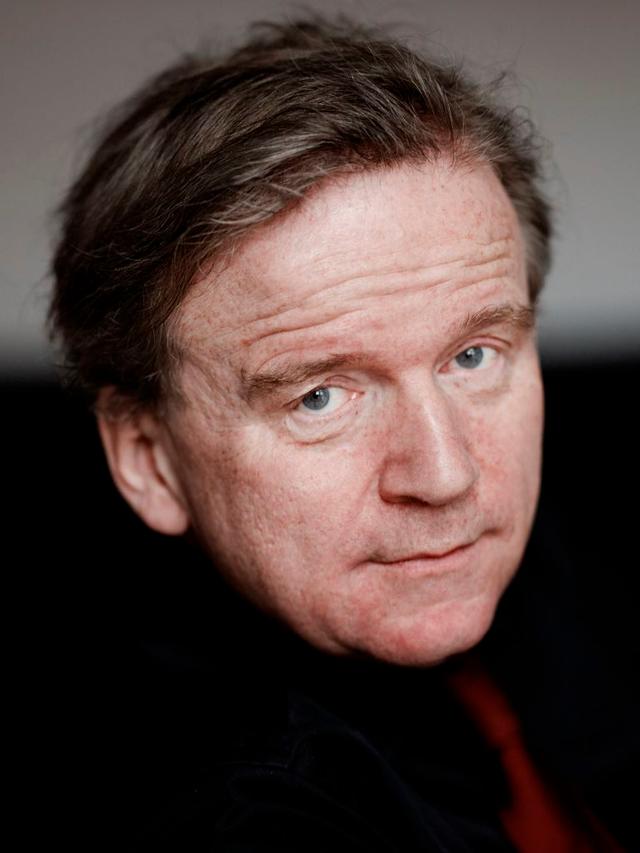Wandering in the Anthropocene
Since the term Anthropocene came into vogue, there has been a growing awareness that we live in an era when the world around us is being irreparably damaged by human beings. How should we respond?

Dutch philosopher of nature and culture René ten Bos explores the catastrophic consequences of human intervention. Rising sea levels, climate change, an increase in greenhouse gases and the extinction of countless species are merely examples. Ten Bos believes we are wandering about in this ominous era without knowing where we should be heading or what we are doing to the earth. In his book he makes the rounds of various scientific fields that take the Anthropocene as their subject. As well as helping us to navigate the complex world of the Anthropocene, he points to a rather surprising route.
Ten Bos argues that we should not be looking for a way out or a solution. Thinking that we need to get from A to B, that we can find a way back, will only take us further from our goal. The fact that ‘we do not know who humans have been, who they are and who they will be’ makes us feel profoundly disorientated, and living in the Anthropocene means first of all learning to live with that feeling and acknowledging complexity. We must learn to ‘keep on swimming’ now that both the point of departure and the point of arrival are out of sight.
We will have to live with new and opaque ecological realities, which require us to reconsider who or what humans are.
This is not a book for those who lack the ability or desire to live without a clear dividing line between human and animal, nature and culture, the various branches of science and other things of that sort. Wander: that is the key. The image of the Anthropocene should be that of a cloud, according to Ten Bos: intangible, changeable and capricious. Fluidity, multiplicity, disorientation, quicksand; his book is full of terms that above all don’t point. Firm ground is so 1980!
Trouw
One of the “hottest” academic subjects explained for a broad readership by the Netherlands’ most original thinker.
Boek-plus.nl
